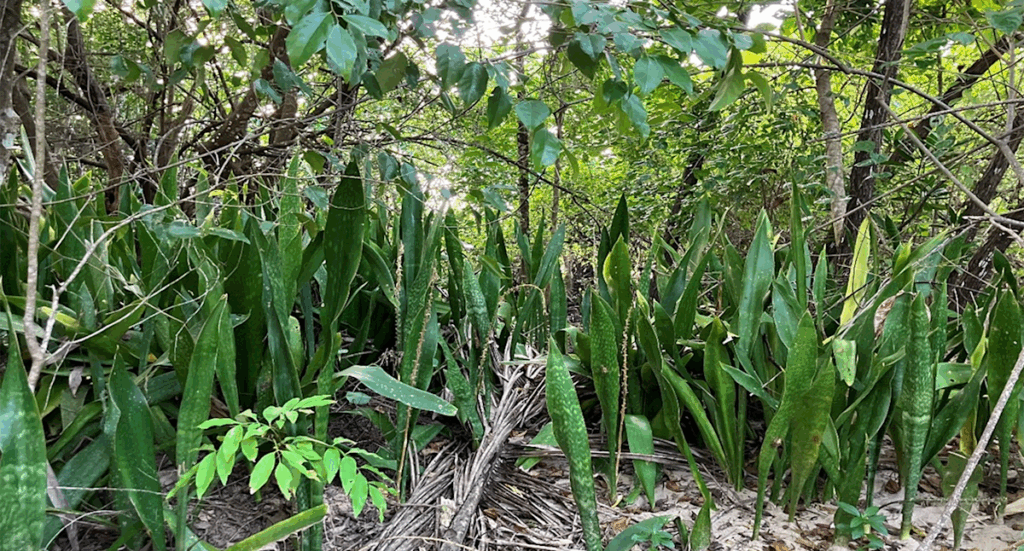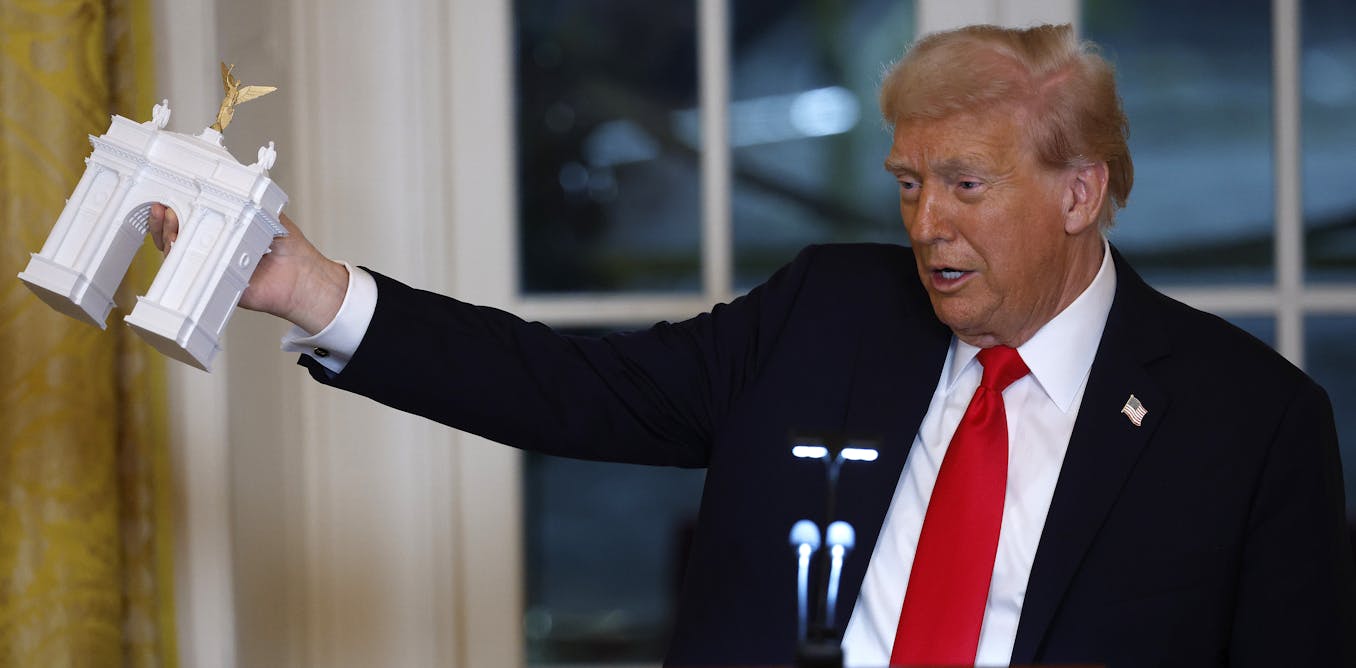
Australians are being urged to take action against a notorious invasive plant, commonly known as mother-in-law’s tongue, which is posing a significant threat to the nation’s fragile ecosystems. This warning comes from the Cassowary Coast Regional Council in Far North Queensland, highlighting the plant’s aggressive spread through discarded garden waste into rainforests, creek lines, and coastal reserves.
The plant, originally introduced from South Africa, has been declared a pest locally since 2022. Conservationists are raising alarms about its impact, noting that despite its popularity as a houseplant, it forms dense mats that smother native groundcovers and hinder natural regeneration.
Understanding the Threat
Imogen Ebsworth, Engagement Director at the Invasive Species Council, emphasizes the seriousness of the issue. “This is another example of a garden plant that’s become highly invasive,” she explained. Despite its invasive nature, mother-in-law’s tongue is still legally sold in nurseries across Australia, a situation Ebsworth describes as a “regulatory failure.”
She draws a parallel to the regulation of cane toads, questioning why invasive plants are not similarly restricted. “Queensland local councils are on the front line of tackling new invasive garden plants like mother-in-law’s tongue, and say it’s primarily being spread by the dumping of garden waste,” Ebsworth added.
Challenges in Eradication
Once established, mother-in-law’s tongue is notoriously difficult to remove. Ebsworth advises that to mitigate its spread, individuals must carefully dig up and securely dispose of all plant fragments. “Dispose of it in your general waste bin securely bagged up,” she instructed, warning against placing it in green waste bins.
She stresses the need for a coordinated national approach to prevent the sale and spread of such invasive species. “We’ve seen this story unfold far too many times. Ornamental plants that turn into unstoppable weeds, costing us billions in control efforts and wiping out native species in the process,” Ebsworth noted.
Regulatory and Retailer Response
Despite the plant’s invasive status, major Australian retailers like Ikea, Bunnings, and Woolworths continue to sell mother-in-law’s tongue, operating within the bounds of current regulations. Cam Rist, Bunnings Director of Merchandise, stated that the retailer adheres to all “relevant local biosecurity regulations” and follows “the advice of regulators about the plants we sell.”
Ebsworth argues that the current system, which relies heavily on self-regulation, is inadequate. “We are relying on everyday Australians to either have a botany degree or realise they need to research legally sold plants to find out if they are a weed. That’s a system designed to fail,” she said.
More than 30,000 plant species have been imported into Australia for gardening, but fewer than a quarter have been assessed nationally for their weed risk.
Moving Forward
In response to the growing threat, former environment minister Tanya Plibersek initiated a Threat Abatement Plan (TAP) to address invasive garden plants. As Murray Watt steps into the role, he is presented with what Ebsworth describes as a “golden opportunity to show real leadership” in reforming the current system.
The call for action is clear: without decisive government intervention, Australia risks further ecological damage from invasive species like mother-in-law’s tongue. The situation underscores the need for stronger national regulation to prevent similar scenarios in the future.
For those passionate about preserving Australia’s unique environment, staying informed and proactive is crucial. The nation’s ecosystems depend on it.






